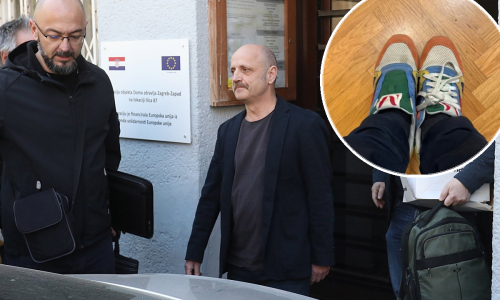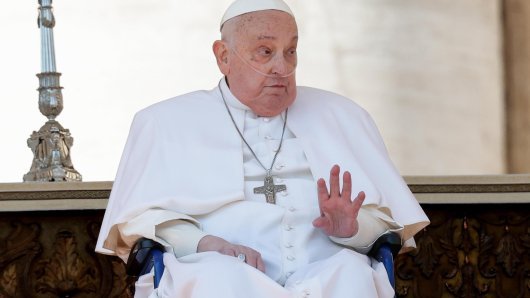Although Croatia is the wealthiest country in the Western Balkans region, and is closest to entering the European Union, Croatian nationals are among the most pessimistic: they are dissatisfied with their living standards, believe that the country is in a wrong direction and have no trust in their government and institutions nor in the European Union, according to findings of a Gallup Balkan Monitor opinion poll.
The opinion poll called "GBM Focus On: Perceptions of the EU in theWestern Balkans" was conducted in Albania, Bosnia-Herzegovina, Kosovo,Macedonia, Montenegro and Serbia. In each country, the survey was carried outamong at least 1,000 respondents above 15 years of age.
In Croatia, 57 per cent of those polled expressed dissatisfaction with theirliving standards, as against 41 per cent in 2006, according to the findingspresented by the Gallup Europe director Rober Manchin in Zagreb last Thursday.
As many as 84 per cent of Croatian respondents say the country is on thewrong track, and this is the highest percentage in comparison to othercountries.
The survey also shows that Croats do not expect the European Union to helpthem.
Twenty six (26 per cent) of Croatians consider the EU membership to be agood thing, which is the lowest percentage in the region.
"While support for EU accession has decreased between 2006 and 2008(from 35% to 29%), this should not come as a surprise: experience with earlierenlargements shows that countries that approach accession and become more awareof the sometimes uncomfortable reforms that accompany EU integration tend toview the Union more critically," according to the findings of the poll onthe Balkan Monitor web site.
"People in Croatia are the most critical of the EU. The country is theonly one where a relative majority are not supportive of EU membership andwhere a majority do not consider the consequences of EU accession to bebeneficial for the country," according to the report's conclusions.
If a referendum on Croatia's EU entry is to be held now, 43 per cent willvote against with 39 per cent for the accession and 19 per cent indecisive.
As many as 92 per cent of Croatians would be against the country's entryinto the European bloc if Croatia were to concede a part of its sea to Sloveniain order to join the Union.
Although 61 per cent of those polled in Croatia believe that there are moreopportunities abroad than here, only 11 per cent of them would really like toleave Croatia, the lowest percentage in comparison to the other countriescovered by the opinion poll.
A majority of Croatians (59 per cent) consider selling real estate toforeigners to be a cause for concern and they are for restrictions in thisfield.
Although a majority believe that high-level corruption is a big problem forCroatia, only eight (8) per cent of respondents in Croatia said they had facedcases of corruption in their everyday life, the lowest percentage in theregion.
Commenting on the survey's findings, the Head of Delegation of the EuropeanUnion to Croatia, Paul Vandoren, was quoted as saying that "in theCroatian society in general, there is a need to intensify already existing effortsto provide clear and objective information so that Croatian citizens canthemselves form an educated and well-informed judgement about the consequencesof the Croatian accession to the EU."
He admitted that the border dispute to Slovenia had caused the lukewarm moodtowards the EU.
He added that also the ongoing global economic crisis was playing also animportant role.
When things go bad, an accusing finger is pointed at Brussels, Vandorensaid.
"I recently had the opportunity to share this concern with the Croatianauthorities, who are aware of the seriousness of the situation. I am very keenon learning how the authorities intend to tackle this issue. It requires asustained and targeted strategy throughout the country. It is theresponsibility of Croatian authorities, not that of the EU Delegation inCroatia or the EU in general. Of course, we are ready to work with theauthorities and offer our advice and assistance." Ambassador Vandoren wasquoted at the delegation' web site as saying at the presentation of the survey.




































